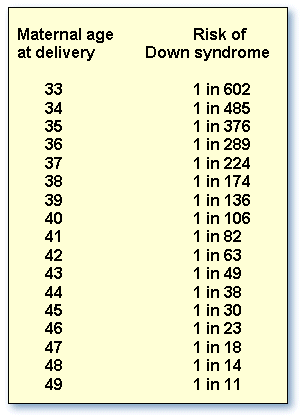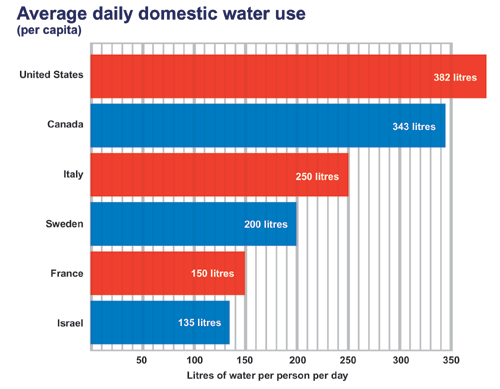When to stop thumb sucking
Thumb Sucking Part II: When to Stop Thumb Sucking?
Skip to contentPrevious Next
In Part I of this blog series, I mentioned that my toddler sucks her thumb. The question I always get is “so, when are you going to make her stop sucking her thumb?” Truthfully, I kind of love it right now because it’s both cute and it’s a really effective soothing mechanism. At some point, though, thumb sucking can cause some bad things to happen in the mouth (see Part 1 for more on that).
This blog post will offer some guidance on when to stop thumb sucking while also explaining why this can be a difficult question to answer with a one-size-fits-all answer. One more thing before I continue: for the purposes of this blog, “thumb sucking” includes other finger sucking or habits like cheek/lip sucking or sucking on a piece of clothing.
Let’s get to some answers. First of all, it’s important to start by saying that the negative consequences of thumb sucking depend on many factors, but it basically boils down to how much time is spent with the habit. Does it only happen at night or also during the day? What is the frequency of the habit? How long has the habit been ongoing?
With that said, here are some recommendations for when a child should try to kick the habit.
- Age 3: Thumb sucking is widely considered “normal” until age 3. This is because it is around age 3 when children develop normal swallowing patterns. Some clinicians may argue for cessation at age 3.
- Age 6: This is where I fall. At age 6, the permanent front teeth are usually erupting. If you can stop a thumb sucking habit by age 6, the eruption of those teeth should be more normal, the chance of open bite decreases, the chance of a nasty tongue thrusting habit decreases, and there is enough growth still to come to make up for whatever growth patterns had, to that point, been altered. Furthermore, whatever growth patterns that have been altered can be corrected by an orthodontist in the future (side note: the American Association of Orthodontists recommends that children first see the orthodontist at age 7-8, precisely so that modifications to growth are possible while growth still remains).
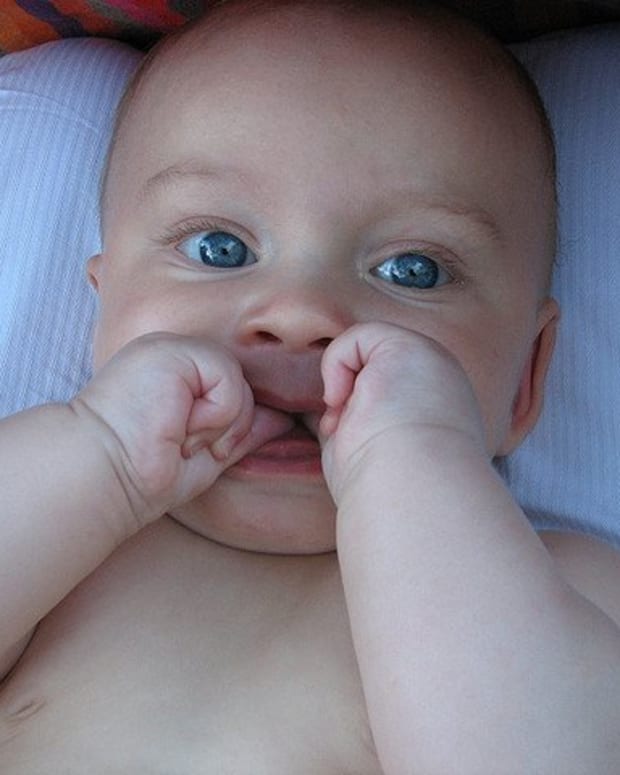
- Age 11: This is a “backstop” age for me – it is certainly better to stop thumb sucking before this age, but…sometimes life is complicated. As any parent of a thumb sucker knows, for some kids, thumb sucking is a really important soothing mechanism! Forcefully stopping the habit can be dangerous psychologically. Forceful cessation may negatively impact sleep quality (which has a whole other set of ramifications). Sometimes, there are other, more important things going on in a child’s life than fighting a finger sucking habit. I do not believe in trying to forcefully stop the habit until the child desires to stop the habit; otherwise, cessation may be unsuccessful or even traumatic. With that said, the longer you wait past about age 6 to stop a thumb sucking habit, the greater the likelihood of some of the bad things that result. This is where my age 11 backstop comes in. By age 11 there is some growth still remaining and that gives me, the orthodontist, a better chance to correct the negative consequences of the habit.
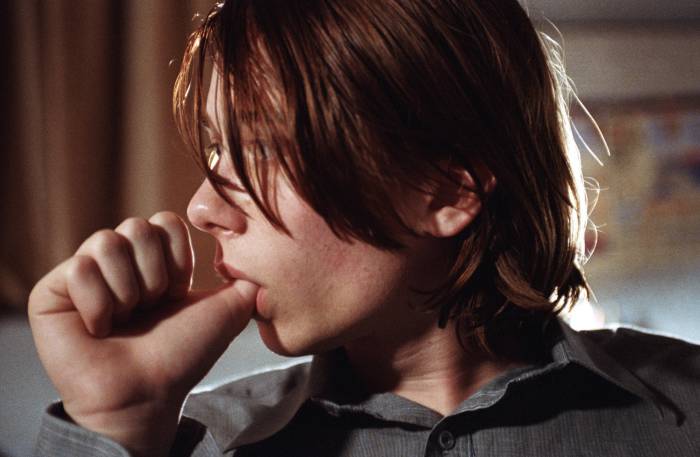
In a nutshell, thumb sucking can be considered “normal” until age 3. I recommend attempting to stop any thumb sucking by age 6, if possible, and by age 11 almost definitely, but one should consider each individual circumstance. In my next blog post, I’ll discuss some strategies for stopping thumb sucking.
Categories
- Awards
- Blog
- Invisalign
- Orthodontics
Recent Posts
- National Orthodontic Health Month
- Second Opinions
- The Difference Between Dentists and Orthodontists—and Why You Need Them Both
- Permanent Retainer
- I Got My Braces – Now What?
Breaking the Thumb-Sucking Habit
Breaking the Thumb-Sucking Habit<
Written by Scott H. Chandler, MD
My 8-year-old, Michael, had me concerned. He was finishing up third grade and still sucked his thumb.
"What can I do to make him stop?" I asked my pediatrician. His grandmother had been successful the previous summer at getting him to quit during a week-long stay at her house. Her remedy: Give him undivided grandma love and reward his efforts daily. Once home, the habit returned.
"Is finger-sucking normal at this age?" I wanted to know. I found out it was not. Fortunately, the problem wasn't serious, but the solution would require patience and determination -- on my part and his.
Most Infants Self-Pacify
Most experts agree that a thumb-sucker younger than 5 shouldn't be pressured to stop. Most children will give up the habit on their own before they enter kindergarten.
"Thumb-sucking is an appropriate and useful behavior for very young children," says Linda Goldstein, MD, a Washington pediatrician. "It allows them to comfort and entertain themselves."
In fact, more than three-quarters of infants suck their thumbs or fingers through the first year of life.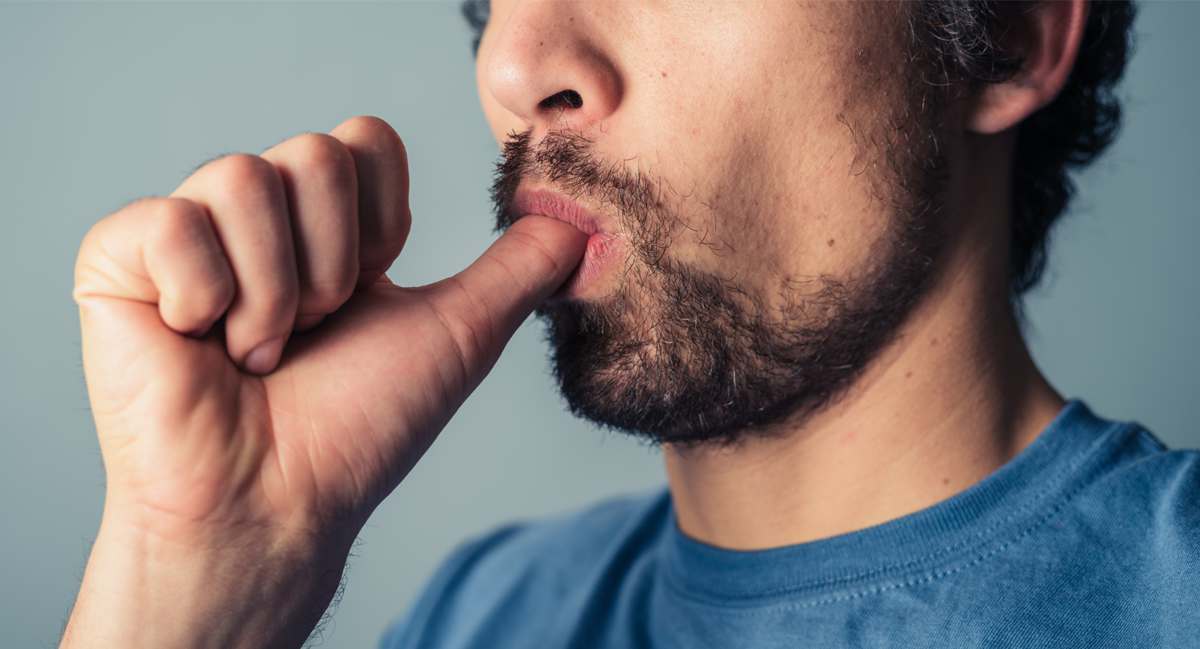 A child usually turns to the thumb when bored, tired, or upset. It is not uncommon to see a thumb-sucker simultaneously engage in other behaviors, such as twirling a strand of hair, holding onto an ear, or rubbing a blankie.
A child usually turns to the thumb when bored, tired, or upset. It is not uncommon to see a thumb-sucker simultaneously engage in other behaviors, such as twirling a strand of hair, holding onto an ear, or rubbing a blankie.
"Even when the habit lingers past infancy, thumb-sucking is rarely something to be concerned about. It doesn't indicate that a child has emotional problems or that he will still be sucking his finger when he's a teenager," says Sabine Hack, MD, assistant professor of psychiatry at New York University School of Medicine.
Reaching a Merciless Age
As children move past toddlerhood and into the preschool years, the thumb-sucking crowd begins to dwindle. Nevertheless, one in five children will still be sucking his thumb or finger past his 5th birthday. "This is the merciless age, the time when teasing begins. Parents begin to worry because the thumb-sucking is causing social difficulties for the child," Goldstein says. "By kindergarten you'll find that kids don't want to play or sit next to a child who's a thumb-sucker. "
"
Thumb-sucking also can lead to dental problems. A child who is still thumb-sucking by age 5, when permanent teeth start coming in, may develop an abnormal bite. Beyond a simple overbite, some children develop speech problems: troubles with the "S" sound and other "tongue-tip" sounds, according to Forrest Umberger, PhD, a professor of special education and communications disorders at Valdosta State University in Georgia.
"Many of our clients are referred to us by orthodontists," says Umberger, who has studied the role of thumb-sucking in muscle and facial pathology. "The idea is not just to do a cosmetic fix but to help children correct the speech difficulties once the sucking habit is gone."
Prolonged finger-sucking also can cause minor physical problems like chapped skin, calluses, and fingernail infections. In Michael's case, the second finger on his right hand became shriveled up, and the nail barely grew. During winter the skin on that finger would become dry and cracked, which only seemed to make him want to suck it more.
Support, Guidance Key
"If a child who is older than 5 or 6 is still sucking his thumb and having difficulty stopping, parents ought to think about what they can do to help him," Hack says. Before insisting that a child go "cold turkey," it's important to observe how deeply entrenched your child's behavior is, she says. How often does your child suck and in front of whom? If it happens only at bedtime or in front of family members, it's a less serious problem than if it happens at school or in social situations.
Attempts to steer a child away from thumb-sucking can backfire if they are not tempered with support and guidance. Don't nag or reprimand your child, and don't pull a child's finger out of his mouth. These kinds of actions can result in a power struggle, experts say. "The truth is most kids over 6 really do want to stop, but they need some extra help," Goldstein says.
Simple Treatment Plan
Breaking a habit is a much easier feat when the child is a willing participant.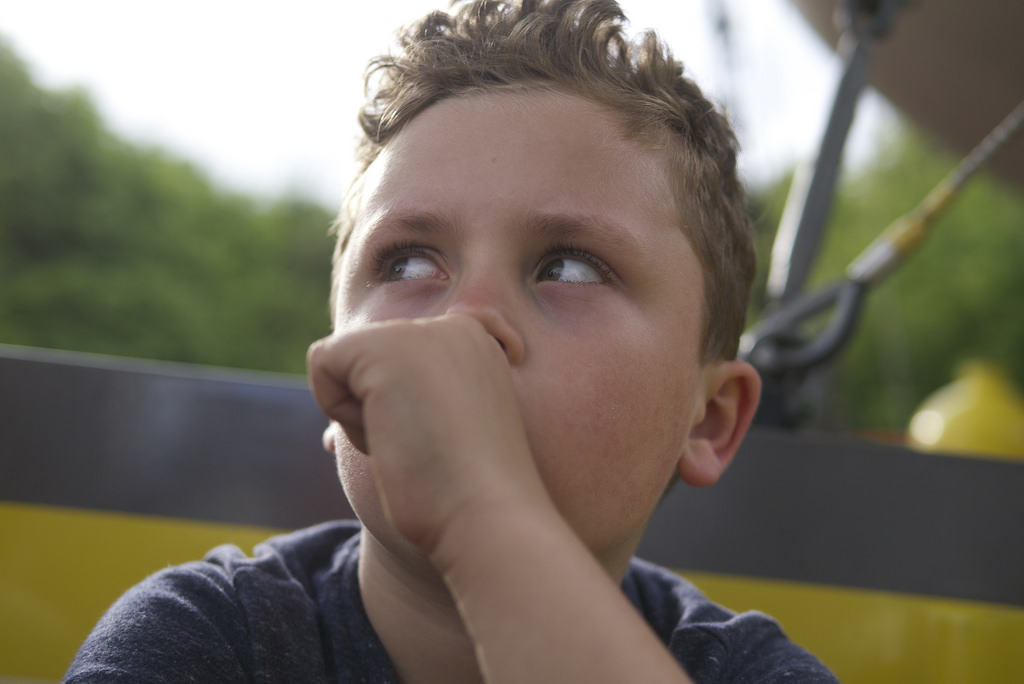 Many parents have success with a simple behavioral approach that engages the child in the process. Here's how it works:
Many parents have success with a simple behavioral approach that engages the child in the process. Here's how it works:
First, says Hack, call a one-month moratorium on discussion. "If finger-sucking is part of a power struggle, not mentioning it may help extinguish the behavior," she says. Next, buy poster board and stickers and make a "progress chart." Offer a prize at the end of each week for no sucking -- and a larger reward at the end of the month. Make sure that your child has an active role in the plan; for example, decide together how many slip-ups he's allowed each week and have him choose the stickers and place them on the chart.
It may also be helpful to place a bitter-tasting liquid on the nail (not directly on the finger), especially at night, as a reminder not to suck. Products for this purpose are sold over the counter, but home remedies can be just as effective. What worked for Michael was perfume. Each night for two weeks, I asked him to choose a bottle of perfume from my collection. He would sniff them all, pick one, and I would place a dab at the tip of his finger. "Yuck," he'd always say, but he clearly welcomed the crutch. Mittens, gloves, or a finger-splint may also be worn at night. It may take six weeks or more to successfully break the habit.
He would sniff them all, pick one, and I would place a dab at the tip of his finger. "Yuck," he'd always say, but he clearly welcomed the crutch. Mittens, gloves, or a finger-splint may also be worn at night. It may take six weeks or more to successfully break the habit.
Dentists Can Help, Too
While your child is trying to change his or her behavior, it's essential to give lots of praise and support: an extra cuddle, a special outing, playing a new game together. Be aware of situations that might promote thumb-sucking, like TV or riding in the car. "Use your imagination to guide your child to other means of solace that are more age-appropriate," Hack says.
If this program doesn't work, don't despair. Breaking a longstanding habit is difficult and some children may need additional help. Talk to your child's dentist, who may recommend inserting a device in the child's mouth that prevents sucking. These oral appliances go by names like "palatal bar" and "crib" and come in fixed and removable versions.
If the problem seems particularly resistant to treatment, this may be a signal that your child is troubled about a deeper problem, Goldstein says. In this case, you may want to seek the advice of a mental health professional.
How to wean a child from sucking his thumb: advice from a pediatrician and a dentist
Why does a child suck his thumb
As Irina Meshcheryakova, a pediatrician at the SM-Clinic in St. Petersburg, explained to Gazeta.Ru, the reflex process of sucking appears in children even in the womb. Often, with an ultrasound examination, it is possible to see that the child is sucking on his fingers.
After the birth of , baby may suck her thumb to satisfy the sucking reflex - especially if the mother for some reason stops breastfeeding too early and transfers the baby to artificial feeding. Also, most children put their fingers in their mouths for the purpose of self-soothing.
“If the child is anxious, then this activity allows him to feel the comfort and security that he receives at the mother’s breast,” explains the pediatrician.
The habit of thumb sucking can be explained by problems in the emotional sphere, for example, when a child lacks acceptance, care and love.
Why is the habit of sucking fingers dangerous? from the gastrointestinal tract. And, of course, do not forget that the oral cavity is the "entrance gate" for infection. Unwashed hands that a child constantly puts into his mouth are the cause of many infectious diseases.”
In addition, the doctor warned that you need to pay attention to how the child holds his fingers in his mouth: loosely or presses on the gum. In the second case, bite changes, the formation of a gap between the upper and lower front teeth, forward tilt of the front teeth, narrowing of the upper jaw are possible.
How does breastfeeding affect the bite? and head and body position. The muscles that help develop the jaws correctly are involved, in particular the position of the lower jaw. Thanks to this, the correct position of the articular head and articular surface is formed.

Early transition of the baby to artificial feeding can develop in him the habit of sucking his fingers - in this way the baby will try to get closer to the sensations that he experienced at the mother's breast. However, this is fraught with the formation of an incorrect bite.
close
100%
Formation of malocclusion (open bite)
Vladimir Losev warns parents that bite deformity can be caused not only by the baby's thumb sucking habit, but also by using the wrong nipple when switching to artificial feeding. The situation is aggravated when the child lies not on its side, but on its back - in this position, other muscle groups are involved (in contrast to what happens during natural breastfeeding), which leads to an incorrect formation of the lower jaw.
“This leads to a decrease in the volume of the lower jaw, it narrows - accordingly, there is a decrease in the volume of the oral cavity, there is little room left for the tongue, it begins to strive outward. All this causes the front teeth to be pushed out - thus an open bite is formed, ”explains the doctor.
All this causes the front teeth to be pushed out - thus an open bite is formed, ”explains the doctor.
The dentist also noted that there are special anatomical nipples that are designed so that the child does not experience bite changes and is formed correctly, as during breastfeeding.
“They must be used from six months to a year. During this period, the formation of the joint takes place, ”explains Vladimir Losev.
It is also important to wean the child from thumb sucking in time.
close
100%
At what age should a child stop sucking his thumb
Coercion will only slow down learning: how to potty train a child
The process of potty training a child for most parents looks difficult and lengthy ...
April 21 12:26
In the first year of life, the habit of sucking fingers is not so dangerous, however, the sooner the child gets rid of it, the less unpleasant consequences it will have, explains Irina Meshcheryakova.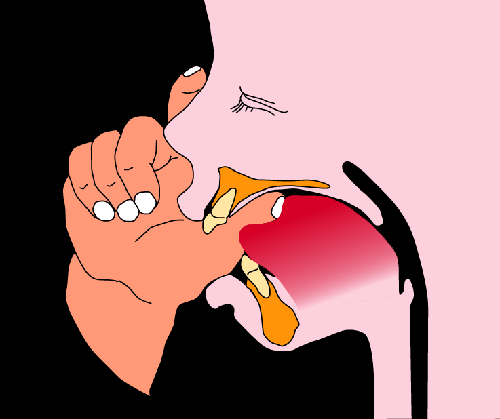
“It is believed that at the age of three or four this habit should disappear on its own and without any special consequences. The main thing is that the child should stop sucking his thumb before the age of six or seven, when the milk teeth are replaced by permanent ones. If the habit persisted at an older age and permanent teeth fell under the influence, then you need to contact an orthodontist, ”comments the pediatrician.
How to wean a child from thumb sucking
If a small child constantly puts his fingers in his mouth, then the correct approach to feeding will help to get rid of this habit.
“If the baby sucks his fingers between breastfeeds, it is worth increasing the time of the meal. If the child is artificially fed, the diameter of the hole in the nipple should be reduced so that the feeding process becomes longer,” recommends Irina Meshcheryakova.
The pediatrician emphasizes that in no case should a child be punished for a bad habit. Parents who try to wean their child from sucking fingers with mustard are also making a mistake.
Build, destroy and hide. How a child’s body and psyche “breaks down” without ordinary games
Any healthy child is inquisitive by nature - even the simplest toys make him...
April 21 12:31
“You should not try to smear strong-smelling substances, bitter varnish or savory sauces on a child's fingers - this will not lead to the desired result. The baby can be put on mittens at night so that he cannot suck his finger in his sleep, and during the day gently remove the hands from his mouth. You need to control this process calmly and methodically. But no more than that, since the stress of screaming or punishment, on the contrary, will lead to the fact that the baby will suck his fingers even more - because this process calms, ”warns Dr. Meshcheryakova.
If you can't get rid of this habit, then you should think about the psychological state of the child. Perhaps a traumatic situation persists, or the child simply does not know what to do with himself.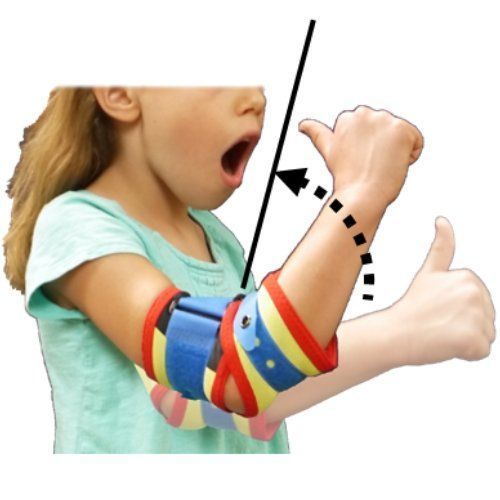 In both cases, everything is in the hands of the parents.
In both cases, everything is in the hands of the parents.
close
100%
Irina Meshcheryakova offers parents some simple rules for communicating with their children:
· devote more time to your child;
· do not allow manifestations of aggression or negative emotions in the presence of a child;
Praise him often for all his achievements, including the absence of the habit of sucking his thumb.
If the above measures do not give the desired effect, you should contact the orthodontist, who will prescribe the wearing of plates with limiters.
In case the matter is in the psychological state of the son or daughter, a child psychologist will help. However, the specialist should work not only with the child, but also with the parents, because in this case the psychological atmosphere in the family depends on adults.
How to wean a child from sucking his thumb
The habit of thumb sucking is formed in a child in the prenatal period and reinforces the sucking reflex necessary for breastfeeding. However, from the age of two, thumb sucking gradually loses its significance, and by the age of 4 it completely stops [1, 2] . If this does not happen naturally, the baby has to be weaned.
However, from the age of two, thumb sucking gradually loses its significance, and by the age of 4 it completely stops [1, 2] . If this does not happen naturally, the baby has to be weaned.
Why a child sucks his thumb
Three large nerves located in the mouth are involved in satisfaction of the sucking reflex: vagus, trigeminal and nasopharyngeal [3] . For this reason, the process of sucking gives the child pleasure.
A child may suck his thumb if he feels hungry, lacks warmth and affection, and desires to calm down. The baby thus directly signals the mother that he needs more time to satisfy the sucking reflex. In this case, with natural feeding, it must be kept at the breast longer, and with artificial feeding, it is necessary to pick up a nipple, from which it is difficult to quickly suck out the prescribed portion of food. It is also acceptable to use pacifiers if the parents are sure that the baby is full. Weaning from a pacifier should be gradual so as not to create a stressful situation for the child.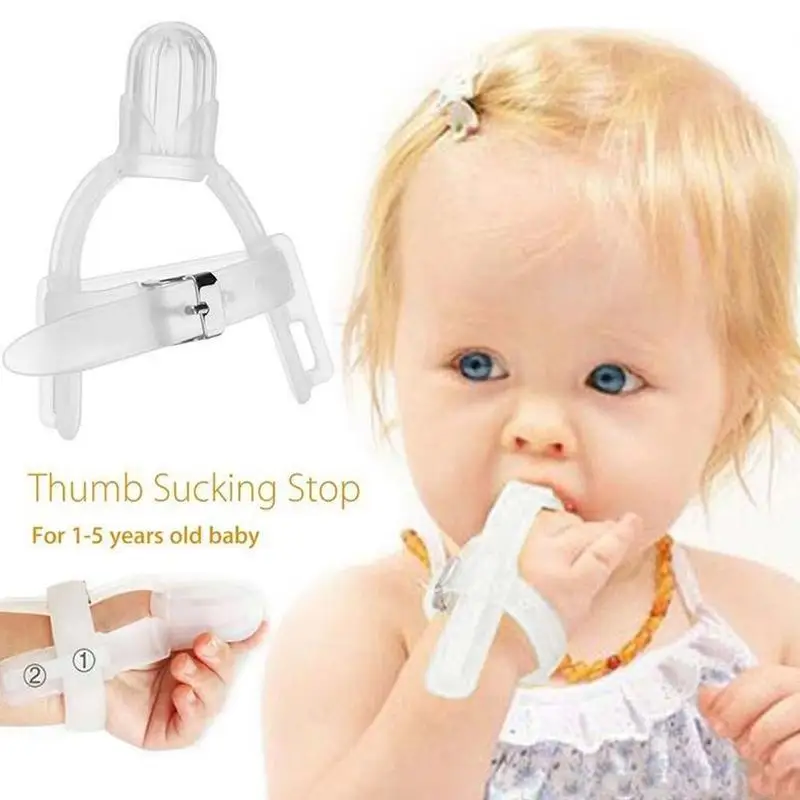
In teething period with discomfort in the gums, children suck, chew and bite everything, including their own fingers as the most accessible and understandable object.
The habit of sucking or chewing in a child may be associated with increased anxiety and stress. Therefore, first of all, parents need to find out the cause of the child's nervous tension and eliminate it. Pavlova, orthodontist of the highest qualification category, member of the Dental Association of Russia, member of the professional society of orthodontists Arkharova O. N. [4]
After 4 years the child has no objective reasons to suck his thumb, and this habit becomes harmful [4]
Why is thumb sucking dangerous in children
Bad habits in early childhood interfere with the normal development of the baby. Thumb sucking is a prime example of this. Here's what happens if it drags on [5] :
-
Retarding the development of the adult swallowing pattern due to abnormal lip tone and the habit of holding the tongue between the front teeth.

-
Deformation of the teeth and the appearance of gaps between them.
-
Shaping open bite . The jaws cease to close completely, the child's mouth is constantly ajar.
-
Violation of posture due to a constant tilt of the head forward.
-
Mouth breathing leading to deformation of the upper palate, frequent diseases of the upper respiratory tract, cerebral hypoxia.
-
Habitual sucking movements of the tongue during speech. They lead to incorrect pronunciation of individual sounds, inhibition of speech development.
-
Increased stress on the posterior teeth due to impaired function of the anterior teeth. Leads to dysfunction of the temporomandibular joints .
By the time the milk teeth begin to be replaced by permanent teeth, the child should be able to stop holding his finger in his mouth
What to do if a child sucks his thumb
Do not scold or tease a child, slap his hands and force them out of his mouth, smear his fingers with mustard or other unpleasant-tasting substances. With such a severe suppression of bad habits, the child feels an increase in internal tension and continues to suck his finger or other objects to calm down, but already secretly. It is also impossible to bribe a child by replacing a finger with a lollipop, because in this way, instead of one bad habit, he will acquire another and will constantly demand sweets.
With such a severe suppression of bad habits, the child feels an increase in internal tension and continues to suck his finger or other objects to calm down, but already secretly. It is also impossible to bribe a child by replacing a finger with a lollipop, because in this way, instead of one bad habit, he will acquire another and will constantly demand sweets.
4 steps to take:
-
Create and maintain a welcoming environment. If a child is upset about something, you need to talk to him affectionately, read a book, switch attention. Before going to bed, you can turn on quiet pleasant music.
-
Do not leave your little one unoccupied. Homemade products, mosaics, puzzles, designers will occupy children's hands and leave no opportunity to put them in their mouths. Show interest in the result of the work and praise it. Reassure your child that he can break this ugly habit, because adults like him do not suck their thumbs.
-
See a dentist.
 By the time thumb sucking can be considered a problem, the child is usually already familiar with the dentist, and he is an authority figure for him. Therefore, the explanations received in the dental office are often the most convincing. Parents ask the doctor to tell them why thumb sucking is harmful, and subsequently remind the child of what they heard. Such support from a specialist demonstrates that the demands of parents are due to more than just a whim.
By the time thumb sucking can be considered a problem, the child is usually already familiar with the dentist, and he is an authority figure for him. Therefore, the explanations received in the dental office are often the most convincing. Parents ask the doctor to tell them why thumb sucking is harmful, and subsequently remind the child of what they heard. Such support from a specialist demonstrates that the demands of parents are due to more than just a whim. -
Consult a speech pathologist to help prevent mispronunciation of sounds by your child. A speech therapist can prescribe a set of exercises that help the correct development of the maxillofacial muscles, coordination of articulation and breathing.
In cases where thumb-sucking threatens malocclusion, shield therapy is used. This method is based on the use of removable vestibular apparatuses (plates). Often they resemble pacifiers, only the rubber nipple is replaced by an arcuate plastic element, which, like a shield, does not allow the child to put his finger in his mouth. The plates are available in different sizes so that they can be adjusted to the width of the dental arches.
The plates are available in different sizes so that they can be adjusted to the width of the dental arches.
Goals of shield therapy:
-
correct occlusion;
-
ensuring uniform development of the oral muscles;
-
prevention of thumb sucking;
-
minimizing mouth breathing.
Often a child sucks his thumb in his sleep, and this is difficult to control, so it makes sense to install devices at night. If the child is used to breathing through the mouth, a small hole is made in the plate for the first time. Then it is gradually reduced and closed completely. This is done using self-hardening plastics. Vestibular plates are used at the age of 3 to 8 years, the effect can be achieved in a period of 4 months to 1 year. With this treatment, the child should be examined by an orthodontist at least once every 3 weeks [6] .
If, despite all the measures taken, a child at the age of 5 still persistently sucks his thumb, it is recommended to seek help from a child psychologist.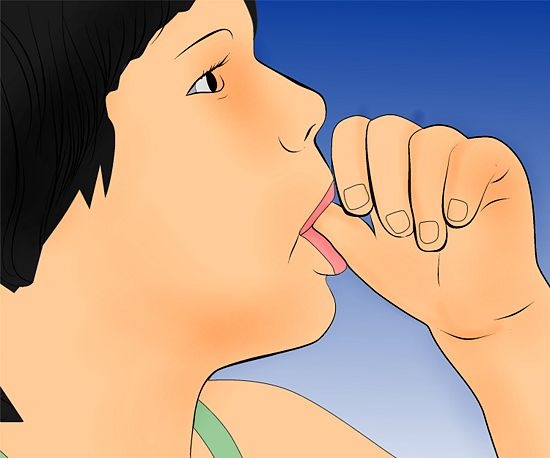
List of sources
1. Bulgakova M. I., Simanovskaya E. Yu., Nyashin Yu. , 2003, // URL: http://vestnik.pstu.ru/get/_res/fs/file.pdf/2286/%CC.%C8.+%C1%F3%EB%E3%E0%EA%EE %E2%E0%2C+%C5.%DE.+%D1%E8%EC%E0%ED%EE%E2%F1%EA%E0%FF%2C+%DE.%C8.+%CD%FF%F8 %E8%ED%2C+%C2.%CC.+%D2%E2%E5%F0%FC%E5.+%C1%E8%EE%EC%E5%F5%E0%ED%E8%EA%E0+% E2%F1%EA%E0%F0%EC%EB%E8%E2%E0%ED%E8%FF+%E4%E5%F2%E5%E9+%F0%E0%ED%ED%E5%E3%EE+%E2%EE%E7%F0%E0%F1%F2%E0file.pdf (accessed 16.07.2020).
2. Novozhilova T.P. The state of the dental system in children born with intrauterine growth retardation, PSMI, 1992, // URL: http://medical-diss.com/medicina/sostoyanie-zubochelyustno-litsevoy-sistemy-u -detey-rodivshihsya-s-zaderzhkoy-vnutriutrobnogo-razvitiya (date of access: 07/16/2020).
3. Significance of the sucking reflex in the development of a newborn child, your neurologist // URL: http://vashnevrolog.ru/fiziologiya/znachenie-sosatelnogo-refleksa-v-razvitii-novorozhdennogo-rebenka.html (date of access: 21.






